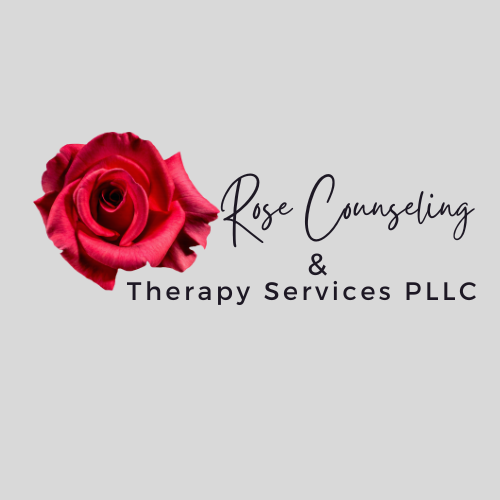Setting Boundaries in Relationships
Establishing boundaries is crucial for nurturing healthy relationships as they play a pivotal role in minimizing conflicts and setting expectations. Through open communication, boundaries can draw partners closer, providing a framework for mutual respect and understanding. They define how we wish to be treated and treat others. Boundaries also foster emotional and physical well-being while honoring the needs of both parties involved.
Healthy boundaries, characterized by mutual respect and consideration, never seek to exert control over others. Instead, they illuminate personal needs while acknowledging those of others. Individuals safeguard their self-esteem, preserve self-respect, and cultivate fulfilling relationships by recognizing the necessity of setting and enforcing boundaries.
Conversely, unhealthy boundaries can inflict emotional distress, leading to dependency, depression, and anxiety. They leave individuals vulnerable, akin to unlocking the door to one's home, inviting unwelcome intrusion. Conversely, overly rigid boundaries may result in isolation, akin to residing within a fortress, inaccessible to others.
Boundaries serve as guidelines, setting reasonable, safe, and acceptable behavior. Personal boundaries are nuanced and subjective, varying from person to person. In essence, establishing and respecting boundaries is vital for fostering healthy relationships. They empower individuals to assert their needs while promoting mutual understanding and respect, laying the foundation for fulfilling connections.
Here's a guide on how to set healthy boundaries:
1. Identify Your Needs and Limits: Reflect on your emotions, preferences, and limitations. Understand what makes you feel comfortable or uncomfortable in various situations and relationships.
2. Communicate Clearly: Express your boundaries directly and assertively but respectfully. Use "I" statements to communicate your feelings and needs without blaming or accusing others. For example, "I feel overwhelmed when asked to take on too many tasks at once."
3. Be Specific: Clearly define what behaviors are acceptable or unacceptable. Vague boundaries can lead to misunderstandings or manipulation. State what you need in clear, concrete terms.
4. Start Small: Begin by setting boundaries in less challenging situations or with people you feel safer with. Practice asserting your boundaries gradually and gradually extend them to more challenging situations or individuals.
5. Recognize Your Feelings: Pay attention to your emotional reactions as a signal that your boundaries are being violated. Trust your instincts, and don't dismiss your feelings, even if others try to minimize or invalidate them.
6. Learn to Say No: It's essential to be able to decline requests or invitations that go against your boundaries. Saying no doesn't make you selfish or uncaring; it's a necessary act of self-care.
7. Be Consistent: Once you've set a boundary, stick to it. Consistency reinforces the message that your boundaries are non-negotiable. Don't compromise your limits to please others or avoid conflict.
8. Respect Others' Boundaries: Just as you expect others to respect your boundaries, it's essential to respect theirs. Be mindful of their needs and limits and avoid pressuring or guilting them into crossing their boundaries.
9. Seek Support: Surround yourself with people who respect and support your boundaries. Share your boundary-setting journey with trusted friends, family members, or a therapist who can offer encouragement and guidance.
10. Practice Self-Compassion: Setting boundaries can be challenging, especially if you're accustomed to prioritizing others' needs over your own. Be patient and kind to yourself as you navigate this process. Remember that self-care is not selfish; it's necessary for your well-being.
Setting and maintaining healthy boundaries establishes a foundation for more fulfilling relationships, increased self-esteem, and improved overall mental and emotional health.
